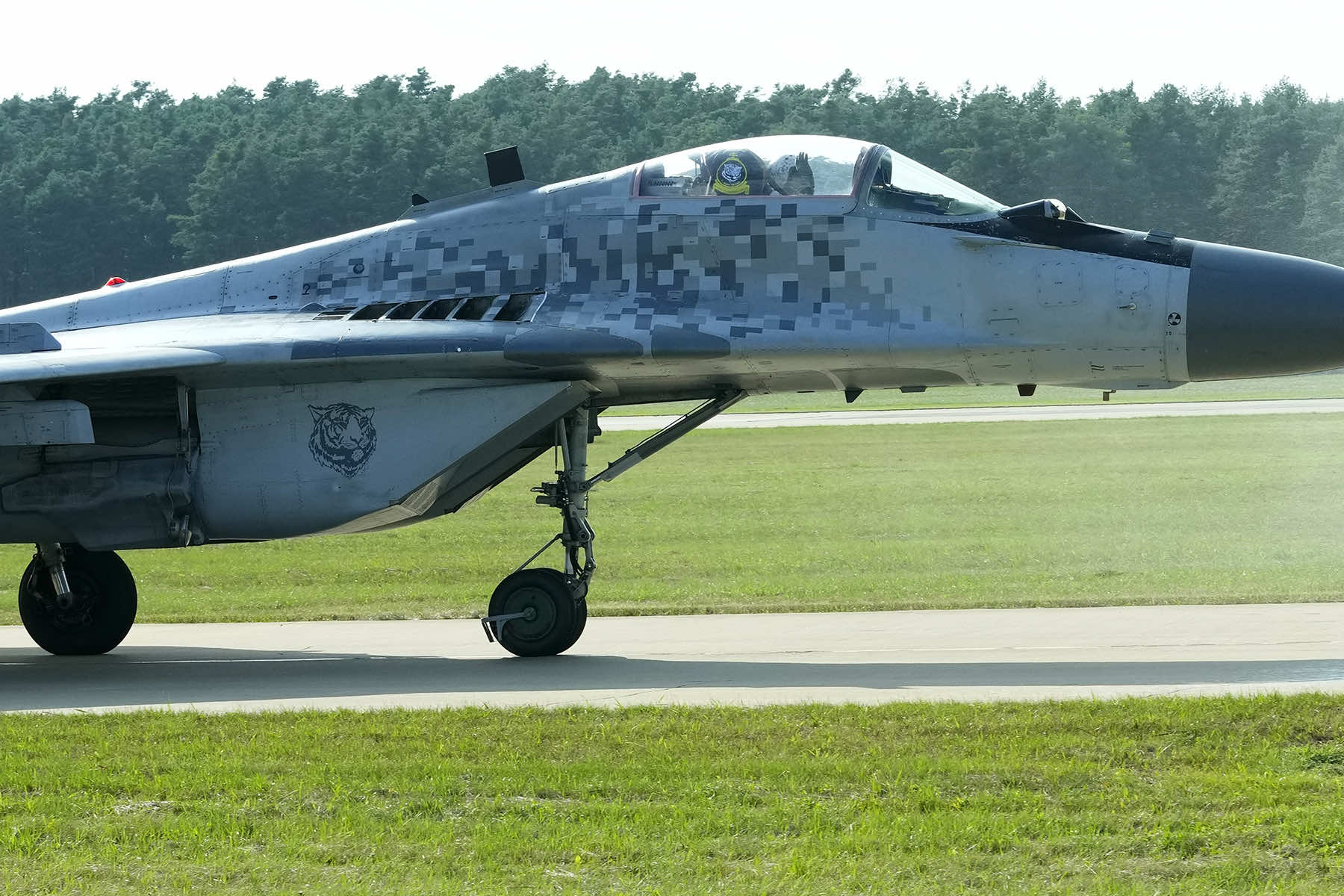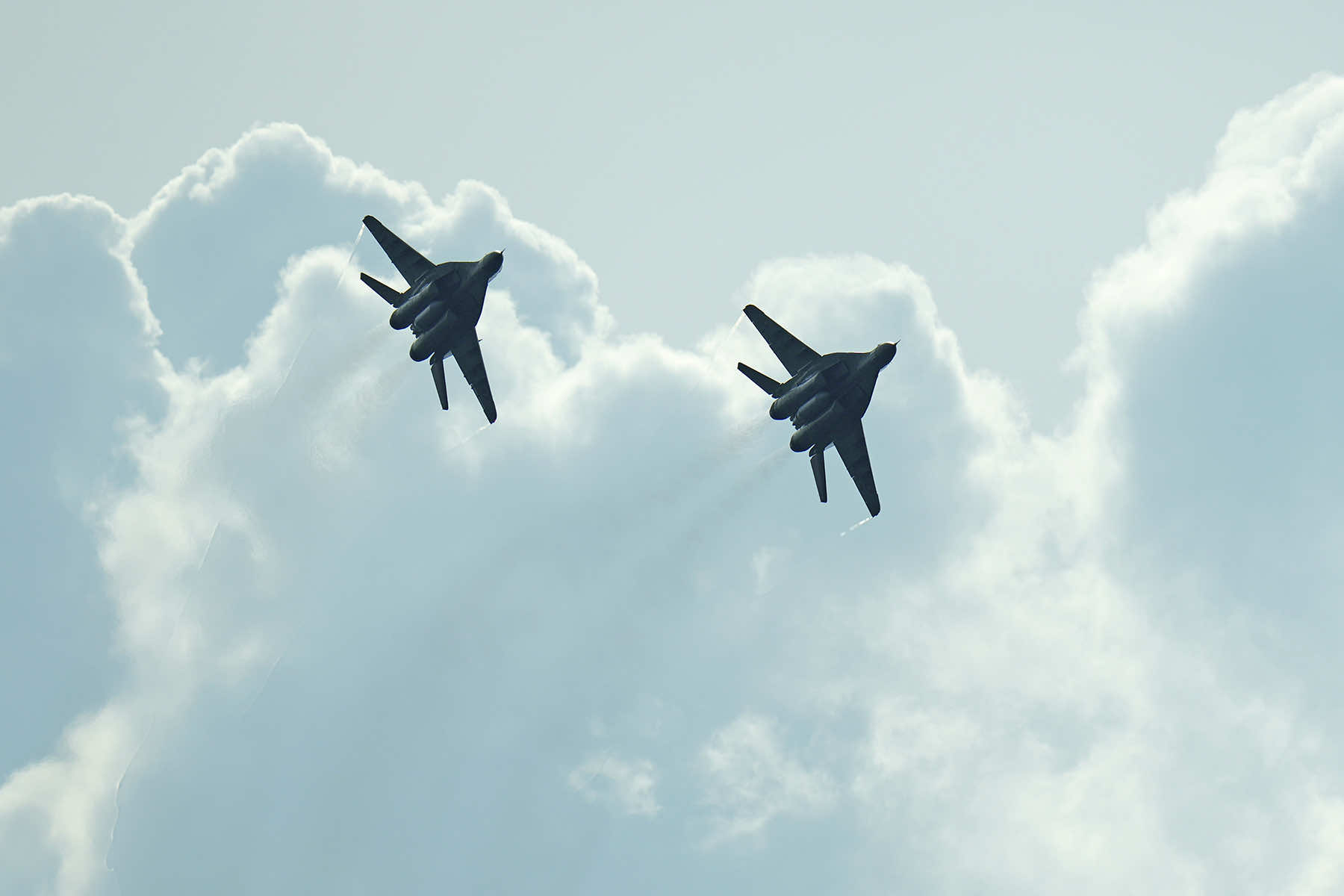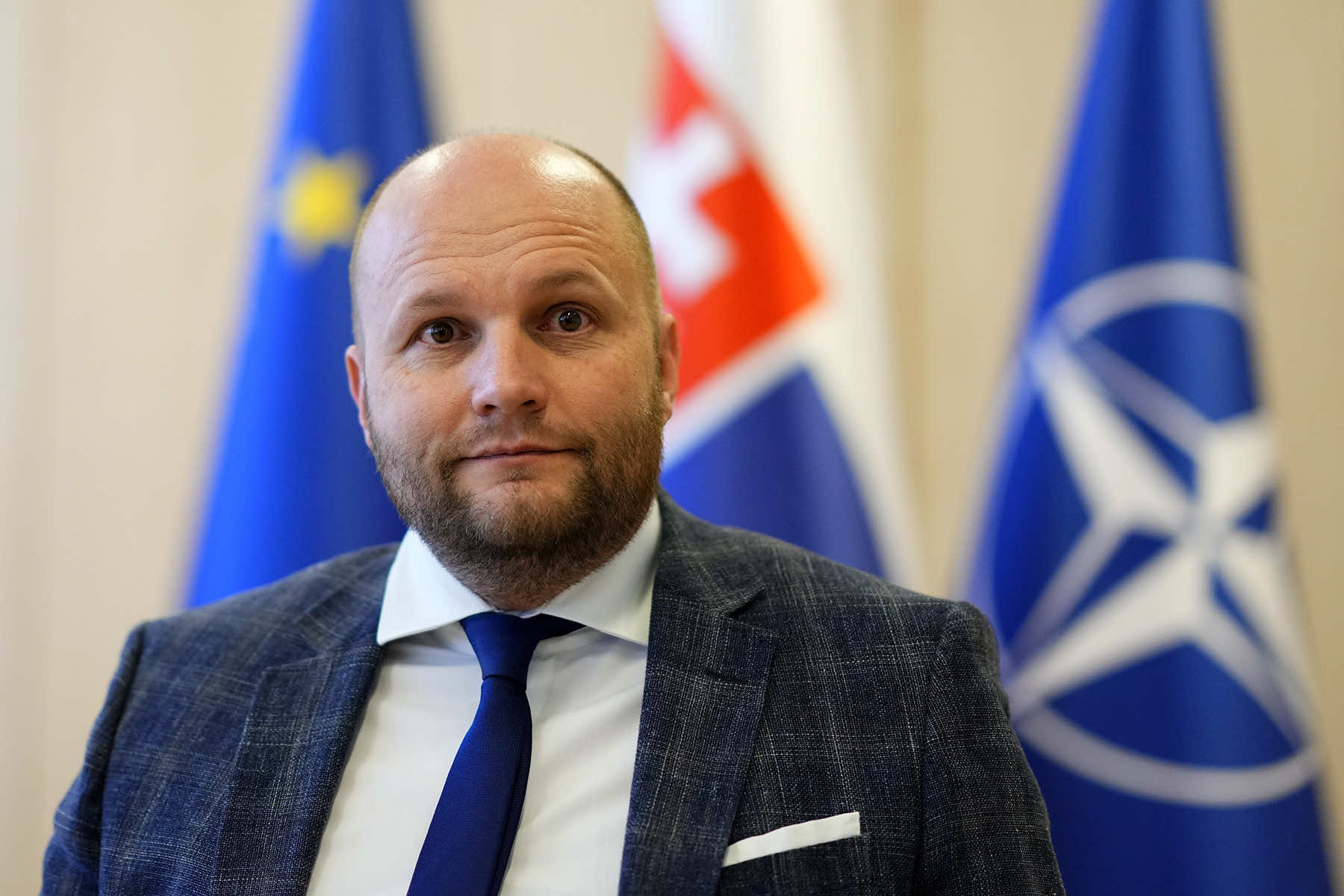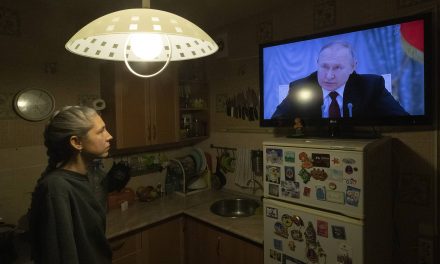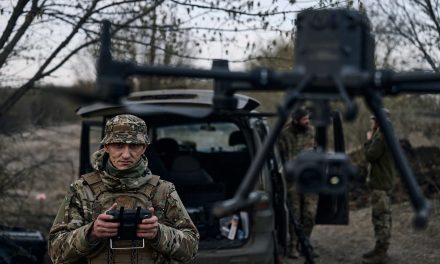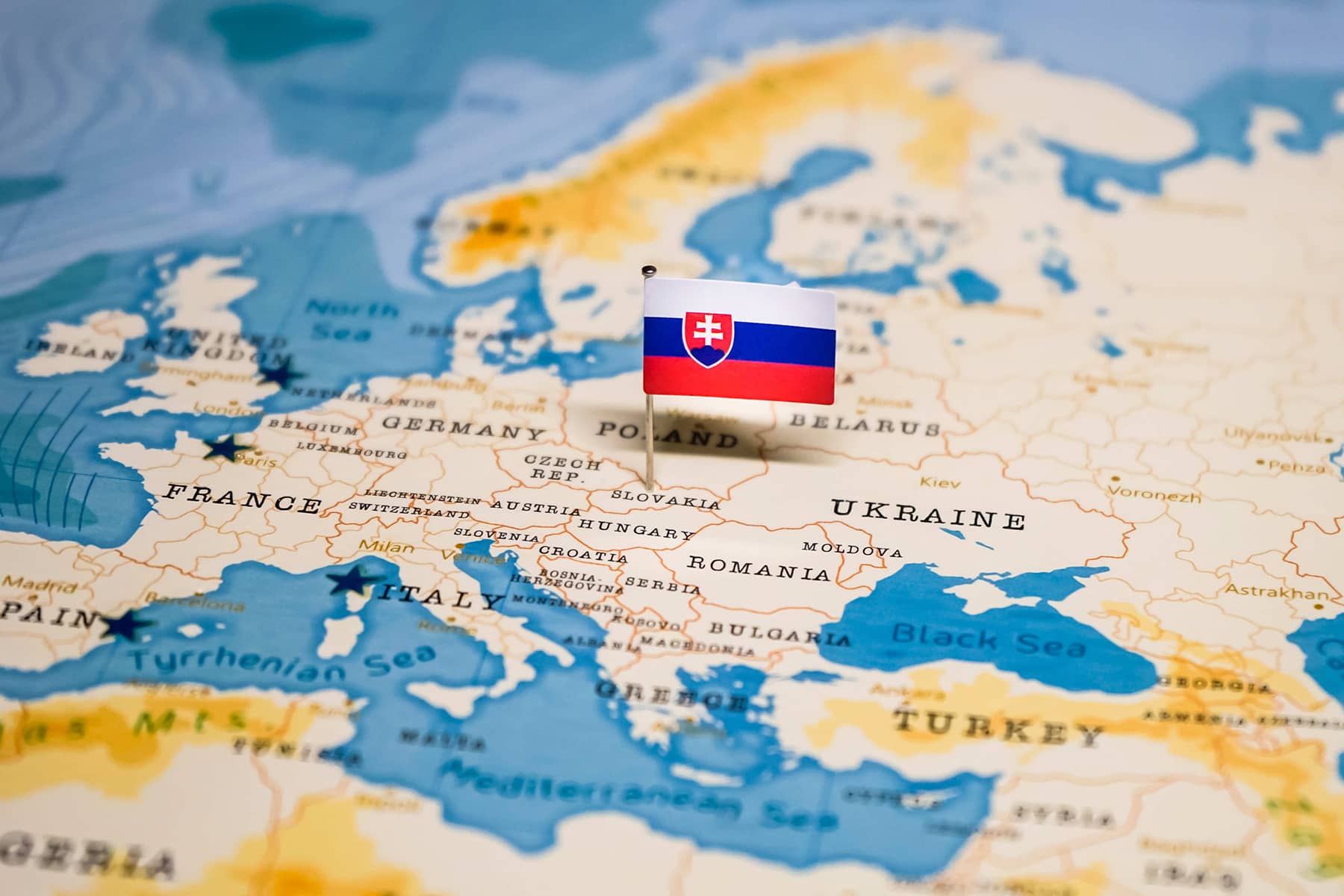
Former Soviet satellite Slovakia has been a NATO member since 2004, but the reality of belonging to the world’s biggest military alliance really kicked in after Russia’s invasion of Ukraine a year ago.
The small central European country now hosts thousands of NATO troops while allied aircraft patrol its skies, allowing Bratislava to consider becoming the first nation to send fighter jets to neighboring Ukraine — getting rid of its unwieldy Soviet-era planes at the same time.
Defense Minister Jaroslav Nad is grateful.
“I would say that the Slovak Republic is a more secure country in a less secure world,” Nad said in an interview in Bratislava.
“We remember well what it was like to have occupiers on our territory,” he added, referring to the 1968 Soviet-led military invasion of former Czechoslovakia — from which Slovakia split peacefully in 1993, four years after the communist regime fell.
The country of 5.4 million hosts a battlegroup with troops from the United States, Germany, Poland, the Netherlands, Slovenia and the Czech Republic, as NATO moved to reassure members on its eastern flank worried about a potential Russian threat.
“The message behind deploying all of those units is simple,” Czech Colonel Karel Navratil, the battlegroup commander, told the Associated Press. “Our task is deterrence … to deter a potential aggressor from spreading its aggression to NATO member states.”
Similar units have been created in Hungary, Romania and Bulgaria after Russia’s full-scale invasion of Ukraine in February 2022. They complement another four deployed in 2017 in the three Baltic states and Poland, to expand NATO’s presence from the Baltic to the Black Sea.
In central Slovakia’s Lest military training area, among snow-covered hills, the troops recently held joint drills with scenarios including drone or artillery assaults, responding to a chemical attack or recapturing areas seized by enemy forces.
The multinational force is scheduled to be “combat ready” in March, Navratil said.
Slovakia is also working to upgrade its own armed forces to NATO standards. And that has proved a boon to embattled Ukraine, where much of Slovakia’s old Soviet-era heavy weaponry has ended up.
That has included S-300 air defense missiles, helicopters, thousands of rockets for Grad multiple launchers, and dozens of armored vehicles. In exchange, Slovakia has U.S. patriot air defense batteries temporarily deployed with American, German and Dutch troops, and received German Leopard tanks and Mantis air defense systems.
All in all, Slovakia has given Ukraine arms worth almost 168 million euros ($179 million), and has also recouped over 82 million euros ($87 million) through a dedicated EU fund.
Amid renewed appeals to Western countries for fighter jets, Slovakia is considering giving Ukraine 10 of its 11 Soviet-made MiG-29 planes — with the 11th reserved for a Slovakian museum, according to Defense Minister Nad.
Ukrainian President Volodymyr Zelenskyy directly requested the planes from Slovakian Prime Minister Eduard Heger at a European Union summit in Brussels this month.
If Slovakia agrees, it will be the first NATO member to do so.
It grounded its MiGs in the summer due to a lack of spare parts and maintenance experts after Russian technicians returned home. But Ukraine’s air force, which flies MiG 29s, would be happy to have them.
“We will never use the MiGs anymore,” Nad said. “They have no real value for us. If we give them to Ukraine, they can help save their lives.”
Since Slovakia’s MiGs were mothballed, fellow NATO members Poland and the Czech Republic have been monitoring Slovak air space, with Hungary set to join later this year.
Bratislava has signed a deal to buy 14 U.S. F-16 Block 70/72 fighter jets but the start of their delivery was postponed by two years to early 2024.
Nad stressed that his country responded to Ukraine’s need for arms despite a long-term political crisis that resulted in the government’s fall in December after a no-confidence vote.
“That Ukraine is able to defend itself against the Russian aggression is absolutely in our national, state, security and defense interest,” he said.
Not everyone in Slovakia thinks so. President Zuzana Caputova asked the government to stay on with limited powers till early elections in September, which the opposition stands a good chance of winning.
Its leaders include populist former Prime Minister Robert Fico, who opposes military support for Ukraine and EU sanctions on Russia and has said Slovakia’s government has no mandate to deliver fighter jets to Ukraine.
The government is awaiting legal advice on the issue. But Nad said that the MiG arrangement would be “really a win-win for everyone involved.”
“And from that point of view, I really cannot imagine anyone reasonably thinking that they would not want to help Ukraine, (saving) human lives while increasing our defenses,” he added.

